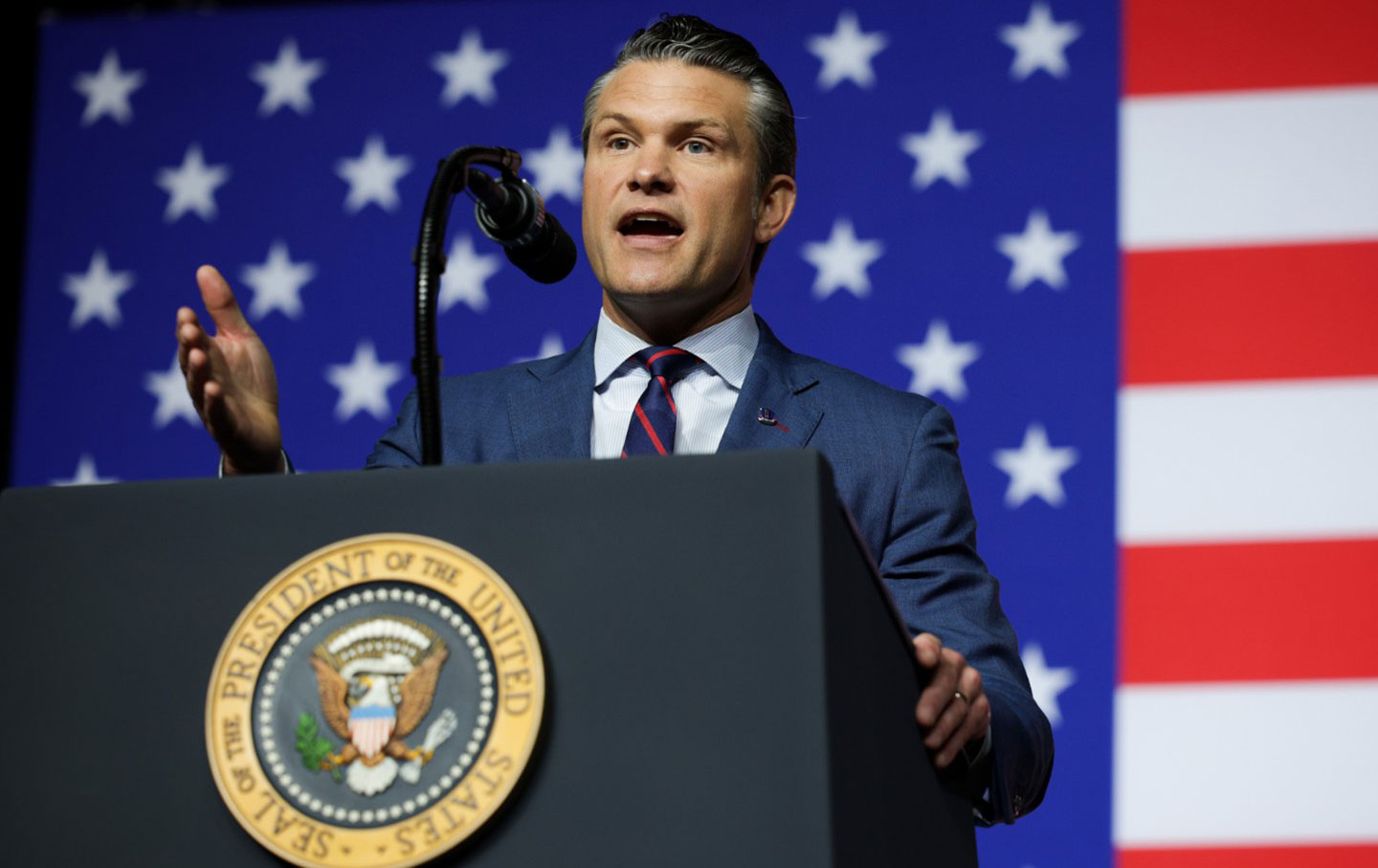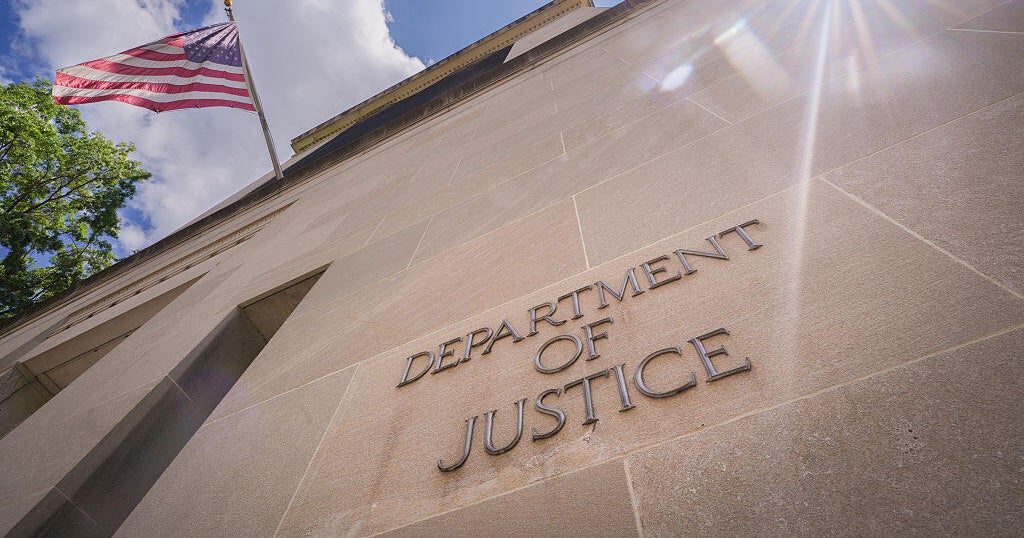
In a move that raised eyebrows across the military and political spectrum, Secretary of Defense Pete Hegseth summoned 800 top military leaders from around the globe to the Marine Corps base in Quantico, Virginia, for what many are calling one of the most extravagant and uninspired pep rallies in history. Hegseth’s intention was to revive what he termed the “warrior ethos,” declaring it a liberation of America’s armed forces both in identity and in authority. “You kill people and break things for a living,” he proclaimed, seemingly oblivious to the weight of those words and their implications in an era where the moral compass of the military is under scrutiny.
The setting was striking: an auditorium filled with distinguished officers, their uniforms adorned with medals, sitting in perfect postures, yet the atmosphere was anything but enthusiastic. Hegseth’s assertions that these warriors “don’t necessarily belong always in polite society” elicited no applause—just a silence that spoke volumes. Air Force veteran Senator Mark Kelly captured the sentiment succinctly, remarking, “This is what you get when you install the Saturday morning news guy as secretary of defense.” The lack of laughter or applause was palpable, a stark contrast to what one might expect at such a gathering.
Hegseth’s speech took a decidedly controversial turn as he introduced a series of new regulations, including what he deemed “grooming standards.” This initiative, which bans beards and long hair, raises significant concerns over its implications—especially considering that Black men disproportionately suffer from skin conditions that complicate shaving. Furthermore, his push for a gender-neutral fitness standard for combat roles effectively sidelines women, as they are required to meet the same rigorous physical standards as their male counterparts. The lifting of restrictions on hazing and his derision of established “rules of engagement” as “weak” and “woke” only added to the unsettling tone of the event.
Hegseth’s remarks about the physical appearance of military personnel also drew criticism. He expressed his disdain for “fat troops,” insisting on mandatory physical training tests for all ranks. “It’s completely unacceptable to see fat generals and admirals,” he stated, setting a standard that many view as harsh and out of touch with the realities of military life and health.
Moments later, former President Donald Trump took the stage for a lengthy address that veered into alarming territory. He warned military leaders that their focus was shifting toward an “enemy within,” hinting at the use of military force against domestic issues. His rhetoric painted American cities as battlegrounds, with Democrats at the helm of what he described as “very unsafe places.” The chilling imagery of using military might within the United States sparked immediate backlash, with critics voicing concerns over the implications of such a stance.
The head of Veterans for Responsible Leadership vehemently condemned the rhetoric coming from Hegseth and Trump, emphasizing that the true warrior ethos is rooted in compassion and empathy, not brutality. He recounted the memory of a fallen comrade who joined the military believing in its potential as a force for good. “I will be damned if sons of bitches like Trump and Hegseth will transform our great military into something resembling the Russians’,” he declared, highlighting the deep moral disconnect in the current leadership’s approach.
A former defense official characterized the gathering as a “waste of time” for many leaders who had more pressing matters to attend to, labeling the message conveyed as “inane” and strategically risky. The tension in the auditorium was palpable, with many officers adhering to orders but visibly unimpressed by the proceedings.
As the military leaders filed out of Quantico, they were met with the grim news of a government shutdown, spurred by Trump and Republican leaders’ refusal to reverse healthcare cuts in exchange for Democratic votes. Despite the grim circumstances, there is a sense of cautious optimism among some that this situation may expose the deeper dysfunctions of government, particularly in how it affects the most vulnerable.
While Trump threatens mass layoffs, many have already experienced job losses, and he has begun to rescind approved spending without any pushback from Republican leaders. As he attempts to leverage the shutdown to cut essential programs like Social Security and Medicare, critics argue this highlights a troubling trend in governance.
The notion that America is on the brink of authoritarianism is not merely speculative; many argue that we are already living in a regime where such dynamics are at play. The challenge now lies in recognizing this reality and mobilizing against it.
As the dust settles from the Quantico gathering, the silence of discontent among military leaders may prove to be a powerful symbol of resistance. The stakes have never been higher, and the road ahead will require vigilance and a collective commitment to uphold the principles of democracy and decency in the face of rising authoritarian tendencies.


